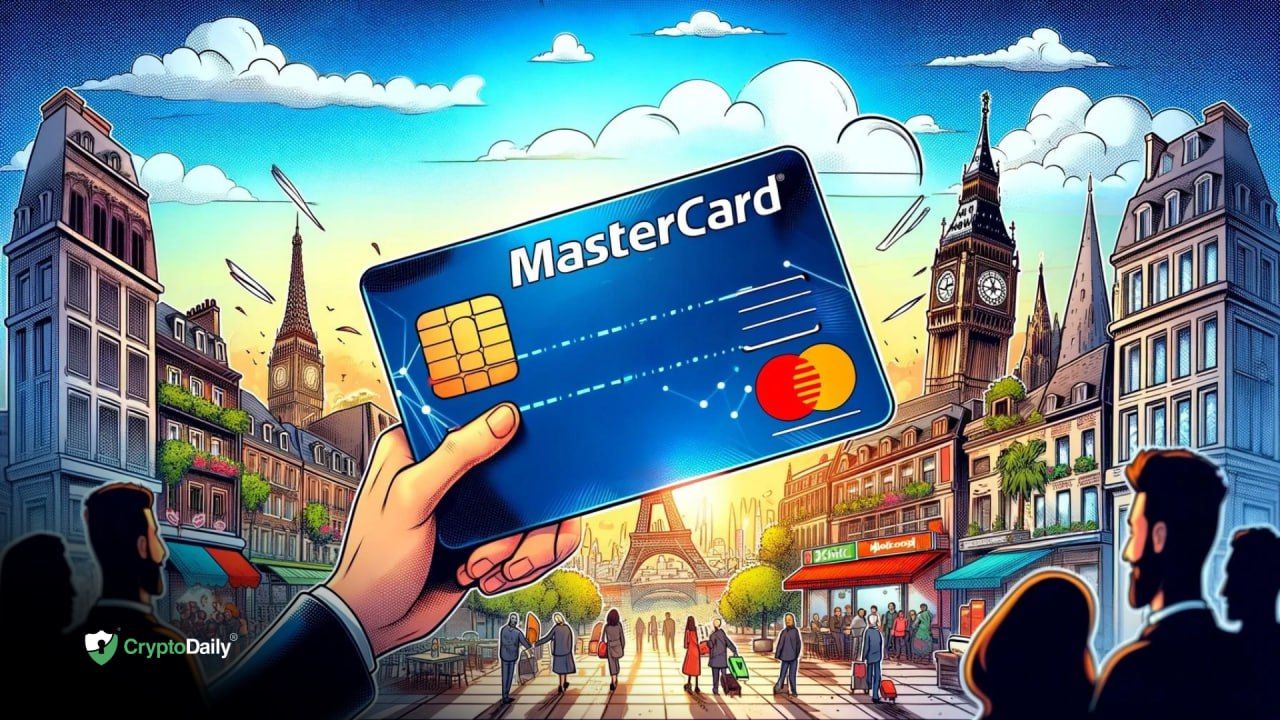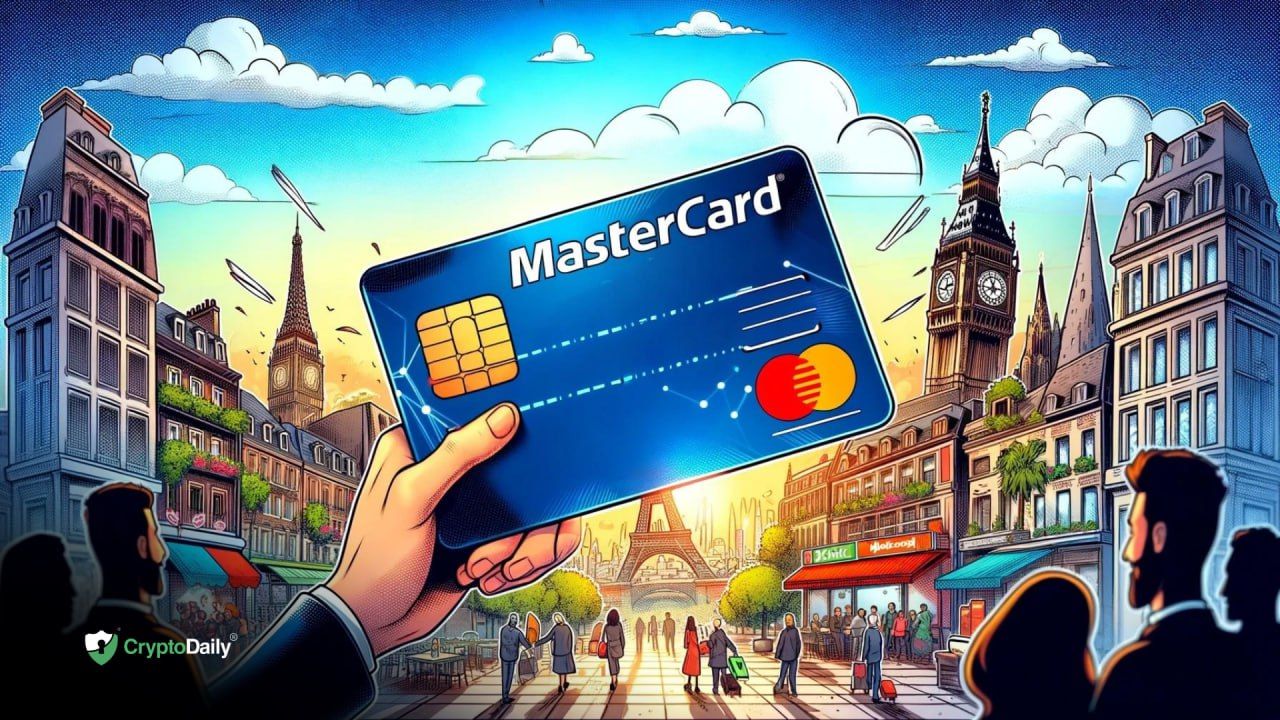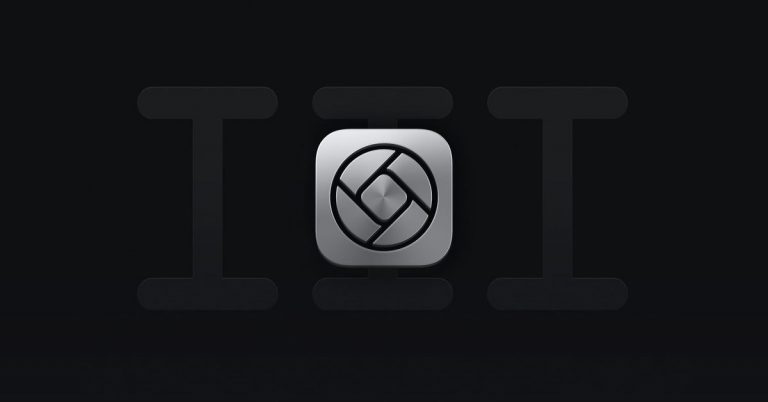
Mastercard and JPMorgan have collaborated on a new cross-border business-to-business payment solution.
This partnership allows mutual customers of Mastercard’s Multi-Token Network (MTN) and JPMorgan’s Kinexys Digital Payments to process transactions seamlessly through a unified application programming interface (API) integration.
Blockchain payment solutions are rapidly shaping the future of online transactions and capturing the attention of industries worldwide.
With major financial players like Mastercard and JPMorgan at the forefront, everyone is watching closely to see how these innovations impact efficiency, transparency, and security in global commerce.
Why is everyone adopting blockchain and crypto
Cryptocurrency market activity has surged dramatically in recent years and it’s easy to see why. Much of the interest appears to stem from speculative investments, where individuals buy cryptocurrencies hoping to profit from price increases and adopt them as innovative payment systems.
This speculative focus has contributed to the high price volatility observed across the market. For instance, Bitcoin’s value soared from around $30,000 in mid-2021 to nearly $70,000 by late 2021, only to drop sharply to approximately $35,000 by early 2022.
For most of 2023, Bitcoin’s price exhibited significant recovery from the lows of 2022, fluctuating predominantly between $16,500 and $31,000. This year, however, Bitcoin has defied all expectations, breaking past its previous all-time high and setting new records.
As of now, the most valuable cryptocurrency is on an impressive bull run poised to surpass $100,000. The surge was fueled by President Trump’s victory in the U.S. election and his reputation as a prominent advocate for crypto.
The current market value of cryptocurrencies has risen by nearly $90 billion to more than $3.6 trillion which is a record high amid a surge in all major cryptocurrencies. It therefore makes sense that every online store, company, gaming, and entertainment platform is striving to integrate crypto into their payment platform.
Alternative payment methods including Mastercard Blockchain’s rapid integration into finance showcases the increasing adoption of crypto-friendly platforms in various industries including entertainment and gaming. For instance, players exploring new no-deposit casino UK platforms can enjoy alternative payment methods such as PayPal and Mastercard.
The heightened interest in cryptocurrencies has also led to increased computational demand as significant amounts of processing power are used to solve the complex algorithms essential for securing these decentralized systems.
This ensures their integrity and resistance to tampering which further fuels the expansion of crypto mining activities.
MTN partners up with Kinexys
The collaboration between MTN and Kinexys aims to enhance payment accessibility, minimize “time zone friction,” and improve both transparency and settlement speed.
Kinexys by JPMorgan co-head Naveen Mallela highlighted the significance of this integration, stating that the value proposition of commercial transaction venues is strengthened by the availability of commercial bank payment rails that seamlessly integrate with any digital marketplace or platform.
MTN provides a suite of blockchain-powered tools that integrate with Kinexys Digital Payments’ payment rail to enable real-time transactions.
Raj Dhamodharan, Mastercard’s executive vice president of blockchain and digital assets, emphasized the significance of the partnership saying,
“For years, both Mastercard and Kinexys by J.P. Morgan have focused on innovating for the future of digital assets and commercial infrastructure. We’re thrilled about this integration and the innovative use cases it will enable.”
Unwrapping Kinexys
Kinexys Digital Payments was originally launched in 2020 as Onyx and it marked the first bank-led blockchain platform utilizing the dollar-pegged JPM Coin for cross-border transactions. While initially met with skepticism from the crypto community, it quickly gained traction among financial institutions.
Goldman Sachs was among its early adopters, followed by central and commercial banks in regions like India and the Middle East. By mid-2023, the platform had expanded to support euro-denominated payments, achieving $1 billion in daily transactions by October; a figure that has since doubled to $2 billion daily, according to JPMorgan.
On Nov. 6, JPMorgan rebranded Onyx as Kinexys and announced its integration with JPMorgan FX Services. This collaboration enables on-chain foreign exchange settlements, starting with the US dollar and euro, further solidifying its role in streamlining global financial transactions.
Kinexys also published a white paper showcasing a proof-of-concept focused on on-chain enterprise privacy, identity, and composability.
Mastercard, meanwhile, began testing its Multi-Token Network (MTN) in June 2023. Its first live test took place in May 2024 when Mastercard, in collaboration with Standard Chartered Bank Hong Kong, piloted a proof-of-concept within the Hong Kong Monetary Authority’s Fintech Supervisory Sandbox. This project involved the tokenization of carbon credits.
Additionally, MTN had previously explored wrapped central bank digital currencies in partnership with the Reserve Bank of Australia, demonstrating its versatility in advancing digital payment solutions.
Benefits of Mastercard and J.P. Morgan’s integrated blockchain payment solutions
The partnership aims to:
- Address challenges like time zone friction, settlement delays, and limited transparency
- Enable real-time transfers whereby mutual customers can settle transactions through a single API
- Integrate with digital asset infrastructures
- Reduce operational complexities
- Improve the speed and efficiency of cross-border payments
Mastercard and J.P. Morgan’s collaboration will contribute to the ongoing transformation of the digital commerce ecosystem by streamlining blockchain-based B2B payments.
The partnership is expected to embrace the full power of digital payments and align with the widespread adoption of digital currencies and decentralized financial systems.
Disclaimer: This article is provided for informational purposes only. It is not offered or intended to be used as legal, tax, investment, financial, or other advice.

























+ There are no comments
Add yours